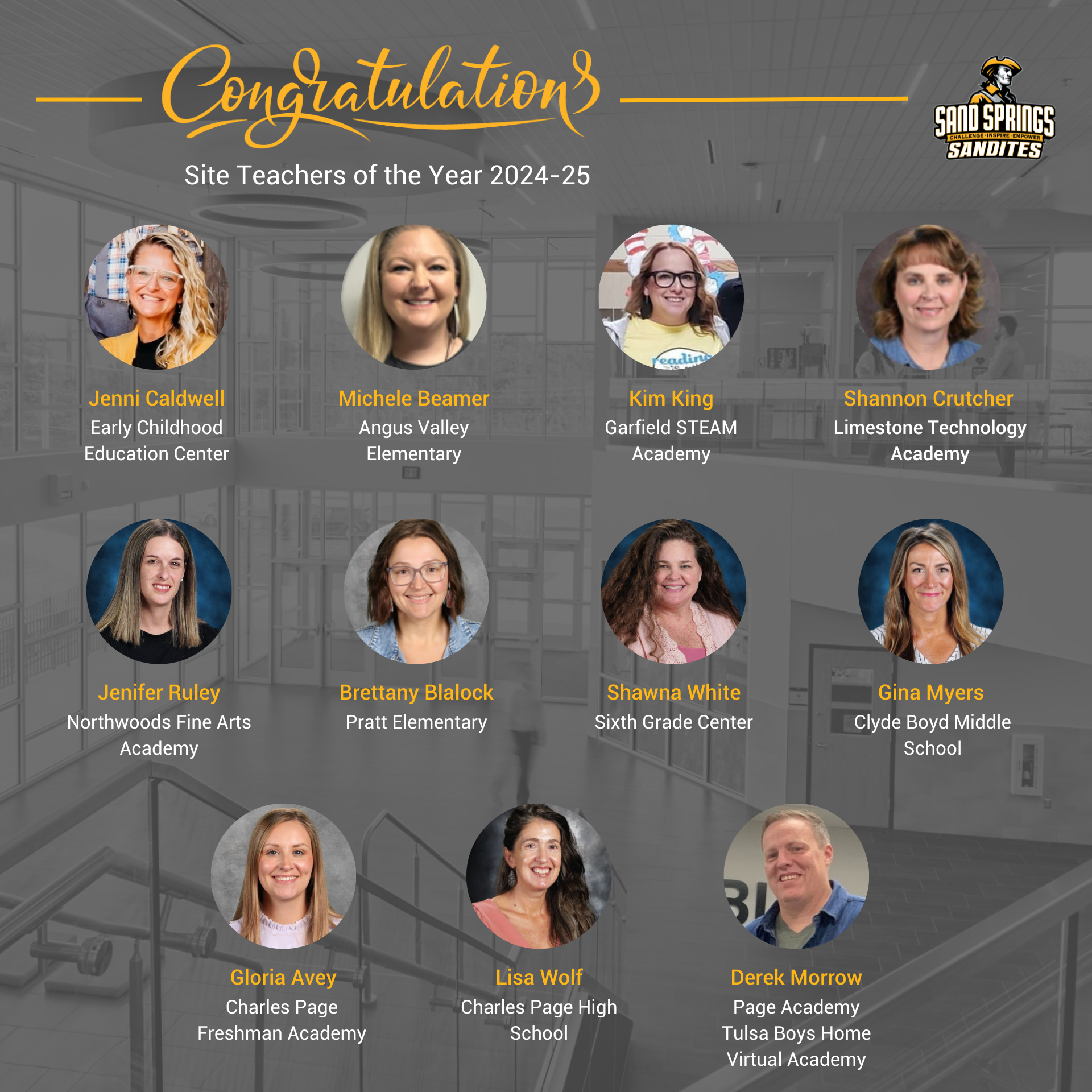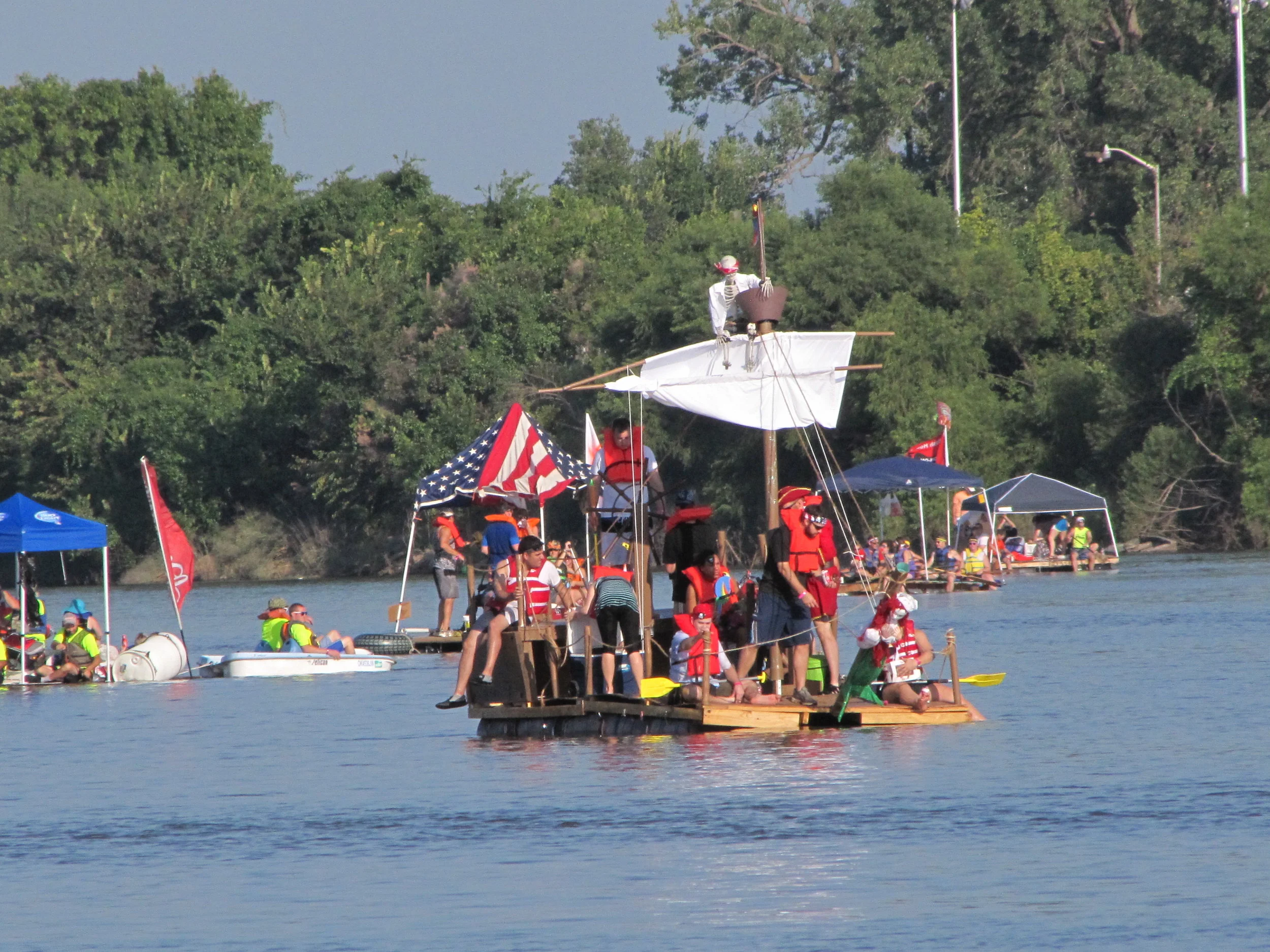Indian Advisory Council expresses concern over budget cuts
/SUBMITTED
OKLAHOMA CITY (August 10, 2016) – The impact of reduced education funding on students was a top concern of attendees of the Oklahoma Advisory Council on Indian Education at their July 20 meeting. The group met at the American Indian Cultural Center and Museum in Oklahoma City.
Dwight Pickering, director of American Indian Education with the Oklahoma State Department of Education (OSDE), said the more than 130,000 Native American students enrolled in Oklahoma’s public schools are experiencing the same difficulties as all children in the state.
“In some instances, our tribes across the state are helping those districts that are in their tribal jurisdiction,” said Pickering. “The partnership the tribes have created with the schools is so important.”
One example of tribal support of public schools is the $4.7 million donation the Cherokee Nation made to districts in its jurisdictional area in February. The donation went to 106 districts and originated from tribal car tag fees, 38 percent of which went to education.
Also, the OSDE is providing opportunities for tribes to provide feedback on public education as part of the new federal Every Student Succeeds Act (ESSA), which replaces No Child Left Behind. Members are encouraged to participate in a survey at http://sde.ok.gov/sde/essa.
In other discussion:
Jim Parrish, representative of the Choctaw Nation, said U.S. Senate Bill 2842 was introduced by U.S. Sen. James Lankford, which would provide for increased student count in the Johnson-O'Malley Supplemental Indian Education Program as well as increased per-pupil funding to $125. Pickering said the program is a priority for OSDE, and the agency is continuing to request that the Bureau of Indian Education reconsider moving its education line office out of state. Greg Anderson, secretary of education for the Muscogee Creek Nation, said the Inter-Tribal Council of Oklahoma had passed two resolutions to keep the office in state as well.
Districts receiving more than $40,000 for Title VII will be required to hold tribal consultations, Pickering said. If the district has over 50 percent American Indian student enrollment, it may be required to hold tribal consultations.
Dode Barnett, chair of the Native American Juvenile Justice Task Force, said more involvement was needed by tribes other than the Five Civilized Tribes. Juvenile Justice Codes, she said, need to be developed by tribal governments to support their youth citizens holistically, and it is important that students stay focused on their education even if they are in custody to keep from falling behind.
The Muscogee Creek Nation is promoting a promising literacy program, Pickering said. Information about the Myron reading program will soon be available on the OSDE’s website, www.sde.ok.gov. Other tribes sponsoring special reading programs include the Chickasaw, Choctaw and Cherokee nations.
Phil Gover, director of the Sovereign Schools Project, said tribes can now sponsor charter schools through state legislation. Gover said his organization is expecting three tribal-sponsored charter schools to be created in the coming year.





